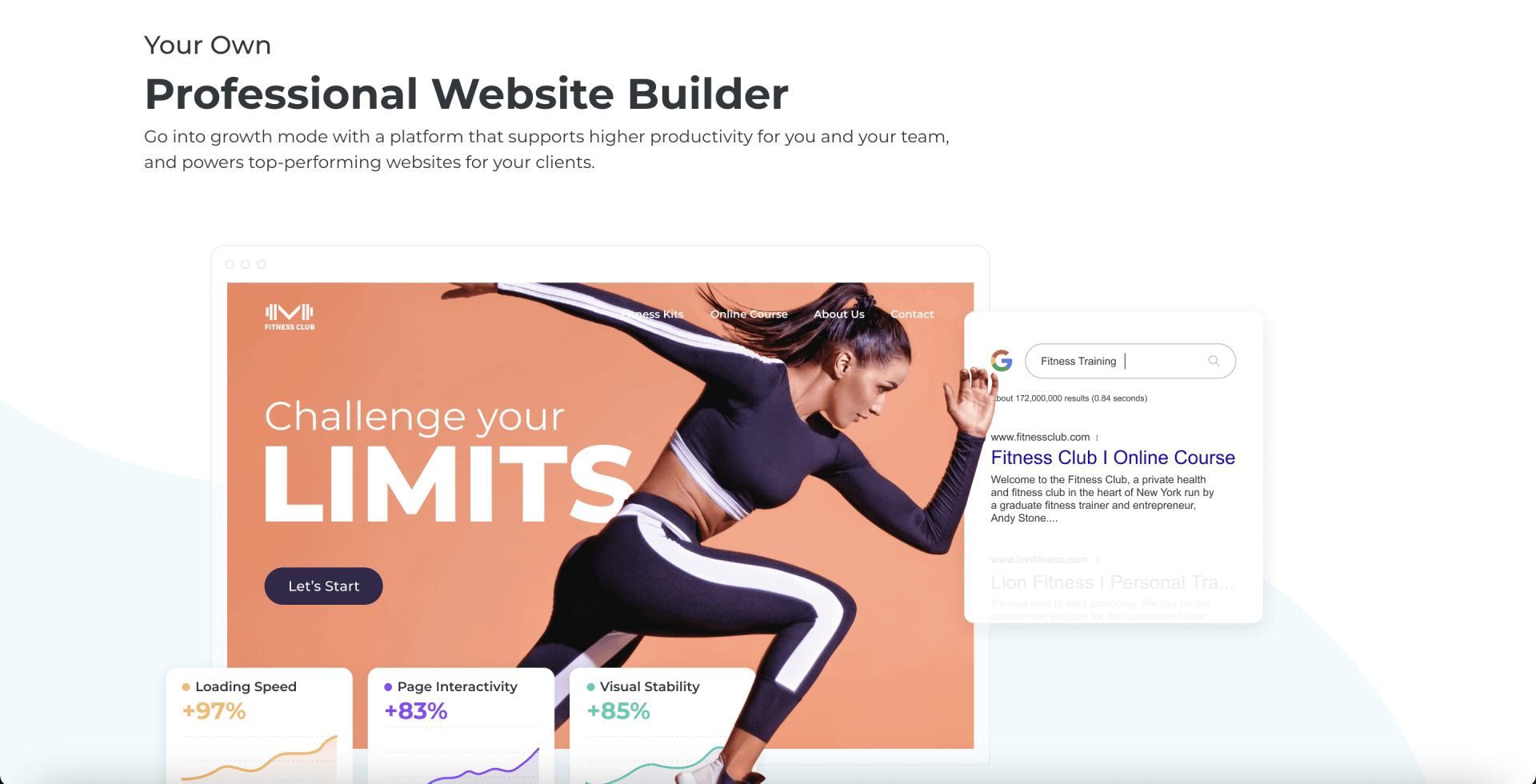Your Web Content doesn't Need to Repeat Words Over and Over Again to rank the best for SEO

There was a time when the go-to strategy for SEO was keyword stuffing. It was successful for a while until things changed. In today's world, if you stuff keyword into your content, it might actually backfire by making your ranking worse. In the worst-case scenario, your rankings might even be completely removed from the search listings.
Search Engines are designed in a way to accept the keywords as input and produce results that are most relevant to the terms. As a result, many people think that stuffing the keywords will actually do them good. But it does more harm than good.
Search Engines have become wiser, and it has become difficult to fool them with the old keyword stuffing trick. Let's get right into why this practice is so harmful to your SEO.
Why is the practice of keyword stuffing so problematic?
The job of search engines is to connect the right audience with the most relevant content. They do so by judging their search intentions and using the algorithms in place, the most favourable results with the most relevant information are displayed. In the case of repeating the keywords over and over again, the content becomes very systematic and not for a human audience. As a result, it is designed to fool a search engine to be in higher ranks. This leads to the article becoming an artificial or spammy read that serves no purpose to the reader or the visitor of the site. Consequently, repeating the keywords over and over again has become a practice that goes against the SEO practice.
How does it work?
Unfortunately, there are many content creators and marketers out there who still use the old keyword repeating the trick. They believe it is the technique that will actually put them at an advantage compared to others. As a result, they end up facing crippled SEO rankings of the site in most cases, and in some, the site does only fairly good. Let's have a look at two examples of how people do this and how it goes wrong.
Repeating the keyword over and over, in full view of your site visitor
So, when a content creator or marketer is using the keyword over and over again and makes it visible for the site visitor, the visitor will see the word again and again. For example, if it is a gaming peripheral ecommerce business, the content creator might use the keyword, "most affordable gaming monitor." Now in order to have higher ranks, the keyword might be used over and over again in almost every line. This is also stuffed in lines and paragraphs in which the term "most affordable gaming monitor" is out of context and does not make sense.
Search Engines today have advanced, and they actually figure it out when content has keywords used over and over again and out of context. As a result, in order to keep your rankings high without being dismissed by the Search Engine, it is advisable to have a keyword density of 2% or less. You can calculate this by dividing the number of times the keyword is used by the total number of words and multiplying it by 100. For instance, if the total number of words on your content is 1000 words, then your keyword must be used 20 times only to reach the 2% mark. Or you can go beyond this limit a few per cent, but using the keywords for 30-40% of the words will simply not work.
Including the keyword invisibly
Another activity that content creators use is typing in the keyword invisibly. This trick is used in an attempt to ensure that the audience is not alienated by making them read artificial, unhelpful, and spammy content. The keywords are made invisible either by changing the colour of the text the same as the background, so it is not visible or by adding the keyword into the code of the page. For example, if the keyword is added to the alt text, metadata, and comment tags, visitors will not be able to see them.
Many still believe that this is a clever way to fool the search engine. However, the search engine recognizes this attempt to artificially rank higher. As a result, these pages are penalized, and their search engine rankings go down instead of going up.
Using keywords correctly
The right way to go about SEO optimization is to professionally use the keyword instead of just throwing it in a sentence over and over again. Ensure that the content that you write is informational and helpful for the reader. That must be the first priority. The more honest you are, and the more work you put in, chances are, the keyword will automatically fit in the content.
Google itself has suggested that the content must be informational and should have the appropriate density of keyword. One incredible way to do this is to select a primary or one focused keyword for a page and use it throughout a few times. The keyword should be representative of the whole content. In this way, the search engine will be able to recognize it for the most relevant search and put it higher in the ranks. You can primary focused keyword for all pages on the website reflecting the type of content each has.
Moreover, keep your content word count low. In this way, the search engine recognizes that the content is to the point and has no irrelevant information. Moreover, instead of using one keyword over and over again, one can use secondary keywords. In this way, the content becomes more diverse and has more information to offer. As a result, you can have variations of the main keyword, increasing the chances of having higher ranks in SEO.
To Conclude
It is important to note that the old trick of stuffing the content with the same keyword over and over again does not work anymore. Search Engines have become smarter at recognizing when the content is irrelevant and stuffed with keywords. As a result, original, informative, and helpful content with the right density of keyword and its variations must be preferred to rank the best for SEO.










